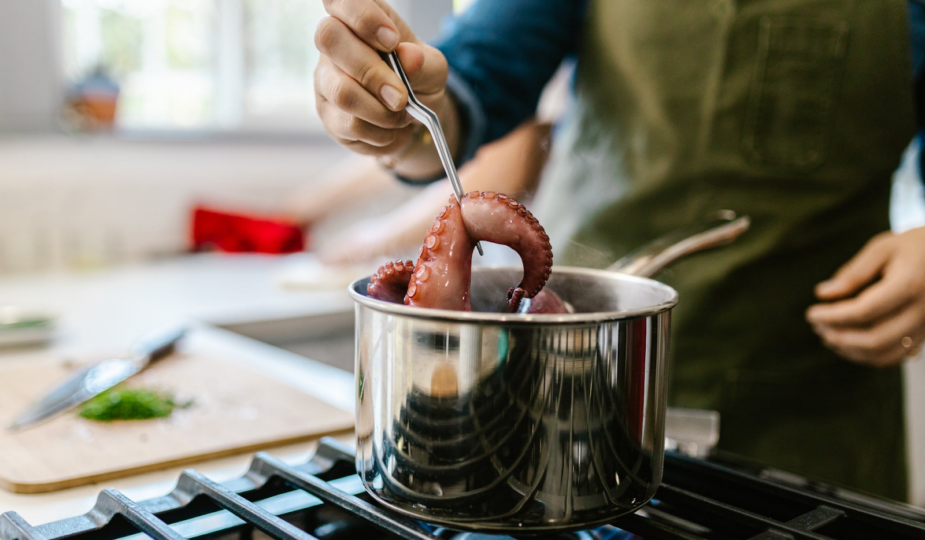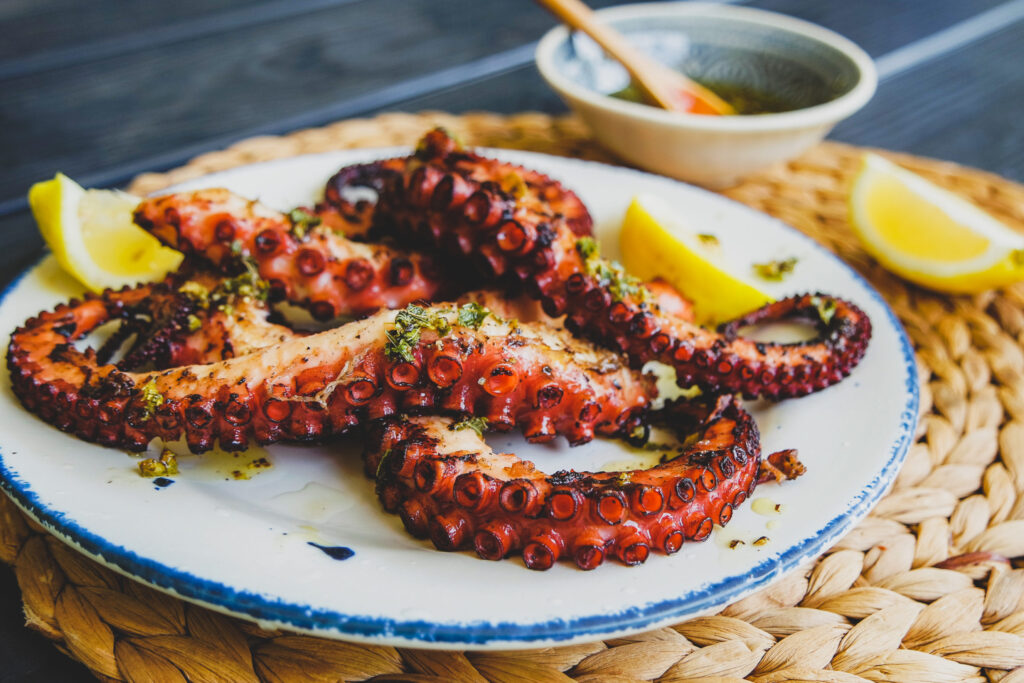
The Secret to Tenderising Octopus: Pro Tips for Home Cooks
Few culinary experiences match the satisfaction of creating a perfectly tender octopus dish at home. While octopus has a reputation for being a bit tricky to cook, mastering the art of tenderising unlocks a world of delicious possibilities.
Allow us to share some pro tips to ensure your octopus dishes are succulent and flavourful, making your seafood cooking endeavours a true delight. Note that it all starts with ordering from reputable sources like Manettas octopus delivery.
Choosing Quality Octopus: The Foundation of Tenderness
Begin your octopus cooking journey by selecting a high-quality specimen. Opt for fresh or frozen octopus from a reputable seafood supplier, ensuring that you start with the best possible foundation for a tender outcome. Quality matters, and it sets the stage for the success of your culinary creation.
Prepping the Octopus: A Crucial Step Towards Tenderness
Before diving into the cooking process, proper preparation is key. Thaw frozen octopus in the refrigerator overnight or use the quick-thaw method if time is of the essence. Once thawed, remove the beak and eyes, and give the octopus a thorough rinse. This initial preparation step ensures that your octopus is ready for the tenderising process.
The Boiling Technique: Tenderising with Precision
Boiling is a classic technique that chefs swear by for tenderising octopus. In a large pot of salted boiling water, immerse the octopus, tentacles first and simmer for 30 to 45 minutes. To enhance tenderness, add a cork or a wine cork to the boiling water. The enzymes in the cork help break down the tough fibres, resulting in a more tender octopus.

The Freezer Method: Breaking Down Tough Fibres
For a unique approach to tenderising, try the freezer method. After boiling the octopus, transfer it to the freezer for a few hours. The freezing process breaks down the tough fibres further, contributing to a more tender texture. Once frozen, thaw the octopus in the refrigerator before cooking it to perfection.
Marinating for Flavour and Tenderness
Marinating is not only a flavour-enhancing step but also a crucial technique for tenderising octopus. Create a marinade with ingredients like olive oil, garlic, lemon juice and herbs. Let the octopus soak in the marinade for at least an hour or, ideally, overnight. The acids in the marinade work to tenderise the octopus, infusing it with a delightful combination of flavours.
Slow Cooking: Patience for Perfect Tenderness
For those with a penchant for slow cooking, consider using a crockpot or a slow cooker. Place the octopus in the cooker with your choice of seasonings and let it simmer on low for several hours. The slow and steady cooking process allows the octopus to become tender while absorbing the rich flavours of the accompanying ingredients.
Grilling Mastery: Achieving Tenderness with Char
Grilling octopus imparts a smoky flavour and a tantalising char that elevates its tenderness. After boiling or slow cooking, grill the octopus for a few minutes on each side until it develops a beautiful char. The high heat of the grill adds a delightful crispness to the exterior while maintaining a tender interior.
A Substantial Conclusion: Elevate Your Culinary Skills
Mastering the tenderisation of octopus opens doors to a world of culinary possibilities. From boiling and marinating to slow cooking and grilling, each method brings its unique touch to the texture and flavour of the octopus.
Experiment with our pro tips to elevate your culinary skills and create memorable seafood dishes that showcase the tender side of this fascinating cephalopod.









